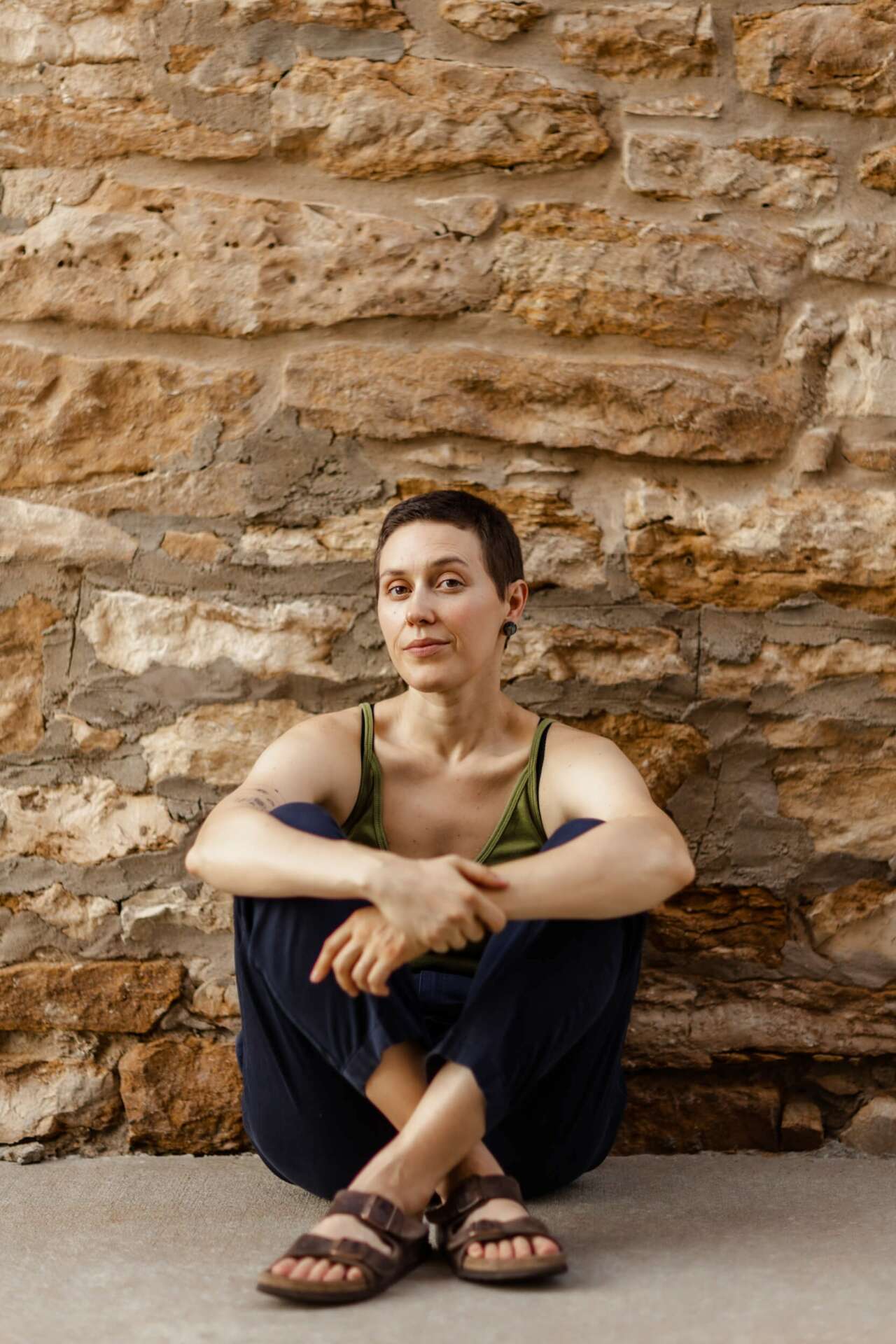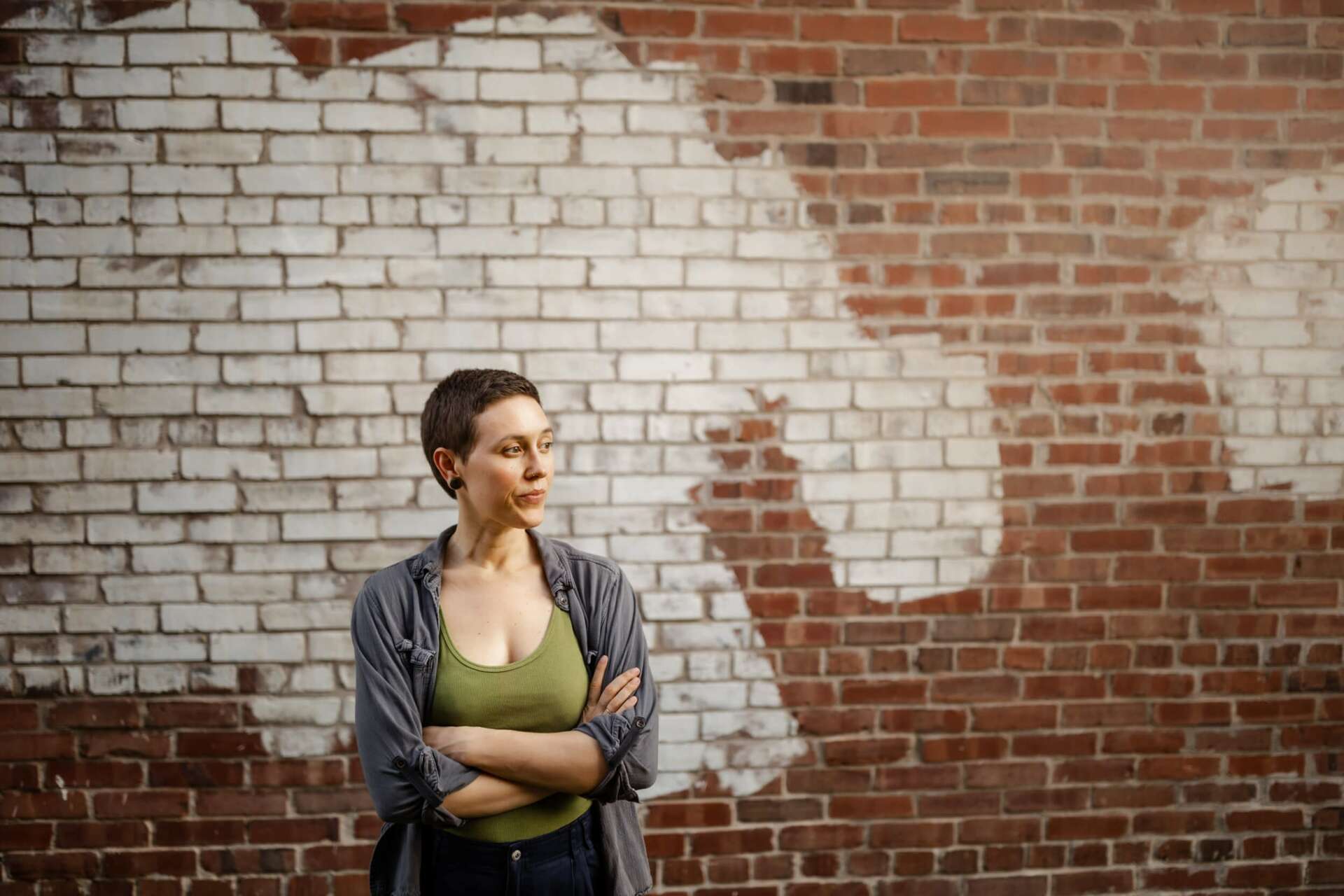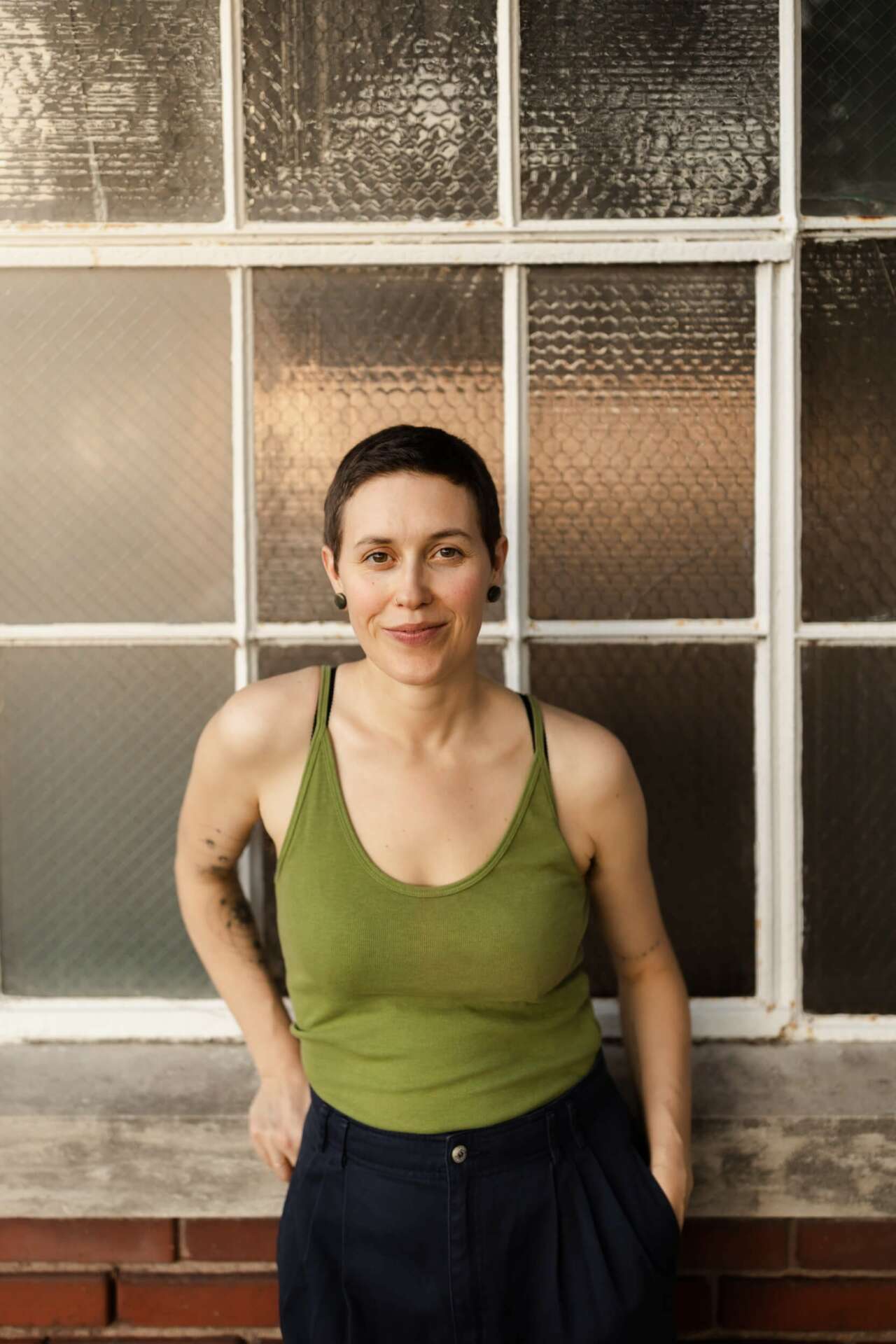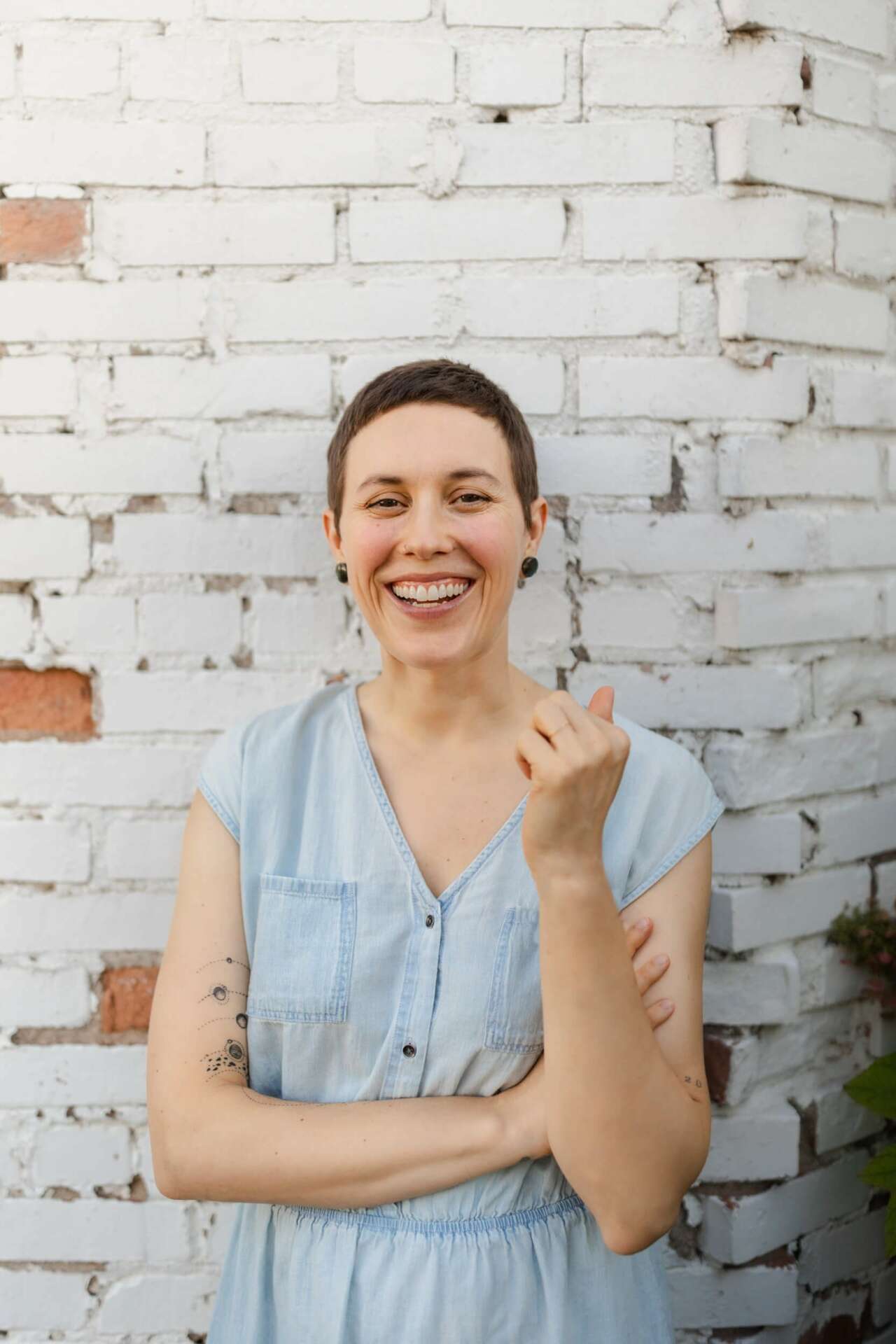We were lucky to catch up with Maggie Jones Boyle recently and have shared our conversation below.
Maggie, looking forward to hearing all of your stories today. We’d love to hear stories from your time in school/training/etc.
My educational experience was quite different from most therapists, counselors, and social workers in the field. I studied at Naropa University in Boulder, Colorado, which is a “Buddhist inspired” university. My Masters Degree is in Mindfulness-Based Transpersonal Counseling Psychology–which I know is a mouthful, but Transpersonal, basically means “spiritual.” I am trained to take into account people’s spirituality, and help them explore issues regarding deeper meaning and purpose, in my work as a therapist.
I absolutely loved my experience there. I was only 23 years old when I started the program, and it was a very formative time for me. There are a few important things that set Naropa apart from other training programs for mental health workers. Naropa requires their students to be in therapy themselves while studying to be therapists. I firmly believe that all therapists need to experience what it feels like to be a client/patient, and most training programs don’t require this. I was also required to take two years of mindfulness meditation classes. One of the most important skills a therapist can have is the ability to stay present with other people’s difficult experiences and pain–this isn’t something you can learn from a textbook, but learning to sit and be with your own distress and discomfort is great practice for remaining calm and grounded with others. There were also more superficial differences, like we removed our shoes when entering classrooms, and sat on the floor, on meditation cushions instead of in desks. I am extremely grateful for my time at Naropa and all that I learned there.


Maggie, love having you share your insights with us. Before we ask you more questions, maybe you can take a moment to introduce yourself to our readers who might have missed our earlier conversations?
I am a therapist and a professional astrologer, so I have two separate private practices. My therapy practice is called Sacred Circle Holistic Healing. As a therapist, I specialize in working with Highly Sensitive, empathic adults who struggle with issues of self-esteem and self-worth. When my therapy clients come to me they typically feel anxious, have a hard time accessing their authentic selves, and a difficult time setting boundaries in their relationships. My practice is trauma-informed, and many of my clients have a history of early childhood trauma, or come from dysfunctional families.
As the name of my practice implies, I consider my work as a therapist to be holistic. I utilize a variety of therapeutic techniques that involve not only the mind, but the body and spiritual-self as well. Much of my work is based in mindfulness, body awareness methods, and “parts work” (Internal Family Systems, or IFS). I believe the purpose of therapy is to repair and strengthen our connection with ourselves. I help my clients deepen self-awareness and self-compassion, so they can remain calm, grounded, and centered even when feeling very painful things.
The other professional hat that I wear is that of an evolutionary astrologer and tarot practitioner. My role as a counseling astrologer and tarot reader is different from my role as a therapist, but the goal is the same: helping my client’s deepen their self-awareness, and their sense of connection with themselves and the larger order of things.
Both astrology and tarot are symbolic languages that can help us connect with the deeper meaning underlying the events and experiences in our lives. As an evolutionary astrologer, I believe that our lives are intrinsically meaningful and I view the birth chart as a blueprint of our soul’s evolutionary intentions for this lifetime. I aim to help my clients understand their own life path and growth trajectory in a very tangible and practical way. The primary question I ask when looking at a birth chart is, “What did this person come here to learn?”



Let’s talk about resilience next – do you have a story you can share with us?
When I was working on my masters degree to become a therapist in my twenties I lost my young daughter to leukemia. So, a program that should have taken me three years to complete, ended up taking me six. I quit school to take care of her while she was sick, and then I took more time to grieve after she died. But it’s obviously not about how long it took me to complete my schooling–my life was absolutely shattered when I lost my daughter. But, not surprisingly, my abilities as a therapist, astrologer, and holder of sacred space, were deepened and strengthened exponentially. I believe that when we experience a deep loss, like the loss of a child, we are faced with a choice to either stop living or to continue; and it’s not an easy choice. It’s one that requires a lot of soul searching. One of the reasons I am good at helping others through painful and difficult things is because I have had to navigate through impossibly difficult things myself.
Putting training and knowledge aside, what else do you think really matters in terms of succeeding in your field?
I think that as therapists the number one most important tool we have is our own journey and the work we have done to understand ourselves. As I already mentioned, my graduate program required that we all have our own therapist, and I believe that this should be a requirement in all training programs. We can only take our clients as far as we have been willing to go ourselves, so working with our own wounding and deepening our own self-awareness and self-compassion is imperative.
Contact Info:
- Website: www.sacredcircleholistichealing.com
- Instagram: @sacredcircleholistichealing
- Facebook: https://www.facebook.com/sacredcircleholistichealing
- Other: My astrology website: www.maggiejonesboyle.com https://www.facebook.com/maggiejonesboyleastrology
Image Credits
Allie Clarke Photography


